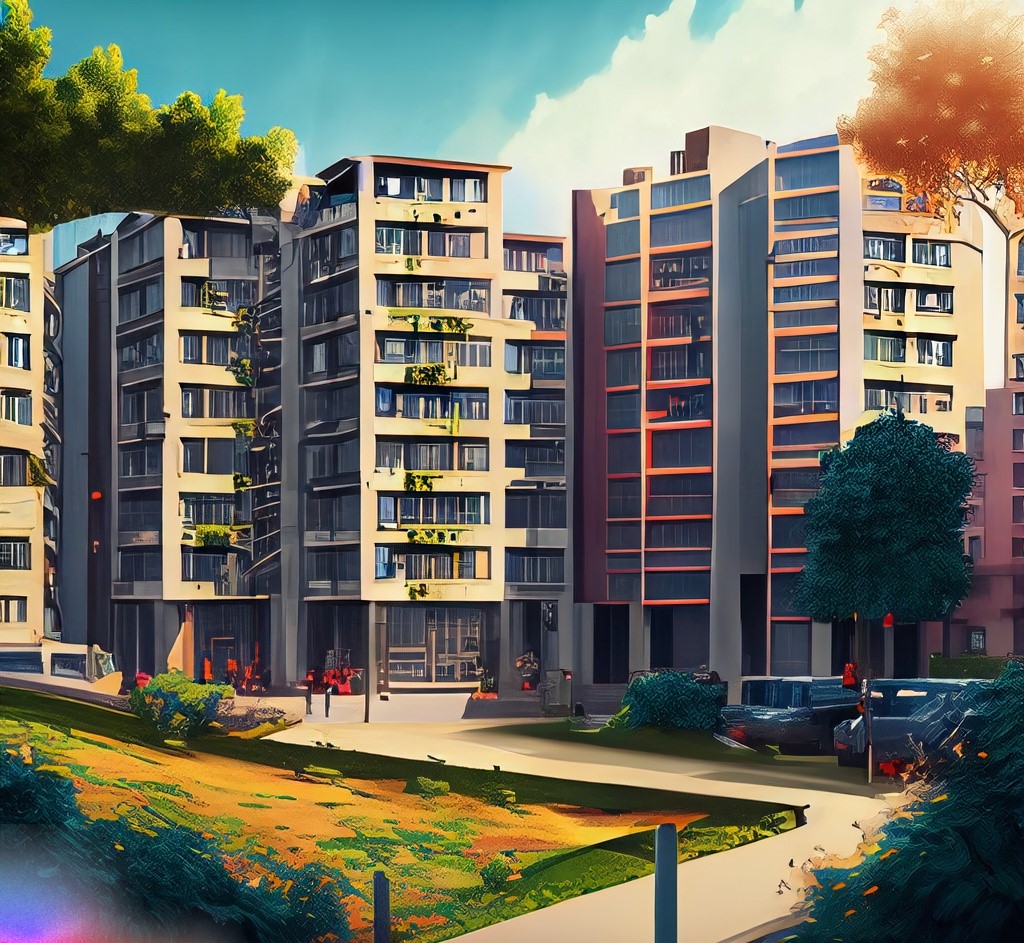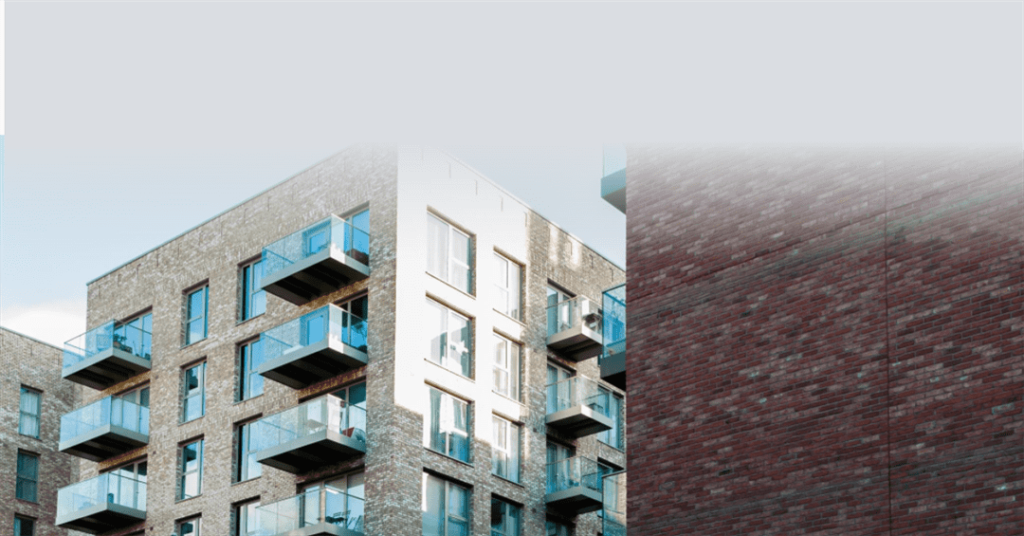OdishaPlus Bureau
Key Takeaways:
- Repeals the Orissa Apartment Ownership Act, 1982
- Common areas and facilities are protected under the new law
- Intends to resolve issues faced by apartment owners and bring local housing laws in line with the RERA Act, 2016.
- Applies to all apartments on freehold land or leasehold
- Applies to apartments used or proposed to be occupied as residences or offices excluding government buildings
- Enables formation of an ‘association of allottees’, to deal with issues soon after 7 or 50% of the apartments (whichever is lower) are booked
- Associations will own the common areas of the apartment, the entire land, the staircases and play areas
- Associations of allotees or aggrieved apartment owners may sue to recover damages, or injunctive relief
To ensure individual apartment ownership in a building is protected, the Odisha government has passed a new law on July 2nd. As a result of this law, an undivided interest in common areas and facilities is protected. An ordinance supporting this purpose was promulgated by Governor Ganeshi Lal.

As part of the Odisha Apartment (Ownership and Management) Ordinance, 2023, which repeals the Orissa Apartment Ownership Act, 1982, this ordinance is intended to resolve issues faced by apartment owners, as well as to bring local housing laws in line with the Real Estate (Development and Regulation) Act, 2016.
The gazette notification states that the ordinance applies to all apartments or buildings converted into apartments on freehold land or on leasehold land with a lease of thirty years or longer. It would be applicable to all apartments or buildings converted into apartments, regardless of whether the lease is for freehold or leasehold property.
Furthermore, the ordinance states that all apartments used or proposed to be used for residence, office, practice of any profession or for carrying on any occupation, trade or business or for any other type of independent would be be governed by the provisions of this Ordinance.
“Every person to whom any apartment is allotted, sold or otherwise transferred by the Promoter, whether before or after commencement of this Ordinance, shall, subject to the other provisions of this Ordinance, be entitled to exclusive ownership and possession of his apartment, and be entitled to such undivided interest in the common areas and facilities as may be specified in the deed of transfer of apartment and such undivided interest shall be computed by taking, as a basis, the built-up area of the apartment in relation to the built-up areas of all the apartments in the building.”
“An apartment together with its undivided interest in common areas and facilities appurtenant to such apartment shall be heritable and transferable immovable property within the meaning of any law for the time being in force and accordingly an apartment owner may transfer his apartment and undivided interest in the common areas and facilities appurtenant to such apartment by way of sale, mortgage, lease, gift, exchange or in any other manner what so ever in the same manner, to the same extent and subject to the same rights, privileges, obligations, liabilities, investigations, legal proceedings, remedies and to penalty, forfeiture and punishment as any other immovable property or may make a bequest of the same under the laws applicable to the transfer and succession of immovable property, provided that no apartment and undivided interest in common areas and facilities appurtenant to such apartment shall be partitioned or sub-divided for any purpose whatsoever and any covenant to the contrary shall be void.”

But, this ordinance provision does not apply to a building used as an office by a government department or undertaking. It also does not apply to a building owned by its owner for his own use, or rented out to others.
This is supposed to be the first instance of the state assisting the formation of an ‘association of allottees’, a body that will manage the apartment or property, including common areas and facilities according to the ordinance, and provide services related to them. As soon as 7 or 50% of the apartments are booked, whichever is lower, the association has to be formed.
“The promoter shall be considered as one member of the association and shall have one voting right irrespective of the number of unsold apartments in its possession and shall cease to be member of the association as and when it is not in possession and has transferred all the apartments in the project.”
It is pertinent to note that an allottee will cease to be a member of the association if the promoter cancels the allotment letter at any time before executing the transfer deed before the allotment letter has been executed.

What is of great importance is that these associations will own the common areas of the apartment, the entire land, and the staircases and play areas. “Any benefit of additional built–up area relevant to the apartment due to change in Development Control Norms or any other reason as the case may be, shall be passed on to the association of allottees,” it said.
The promoter must submit a declaration regarding the building to the Competent Authority. It does not matter whether the building was constructed before or after this Ordinance was passed. A Declaration of Occupancy must be submitted within 30 days of an Occupancy Certificate issuance.
The gazette notification says that each allotee or apartment owner must, as the case may be, strictly adhere to the byelaws and all of the covenants, conditions and restrictions stipulated in the Deed of Transfer of Apartment as well as the byelaws as set forth in the Deed. The association of allotees, or in the case of an aggrieved apartment owner, may bring a lawsuit to recover sums owed for damages, or for injunctive relief, or both.




















